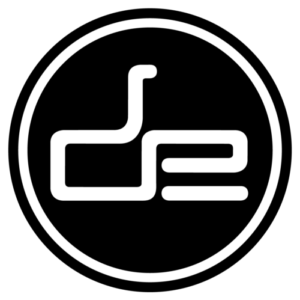You’ve heard of the old adage, there is no “I” in team. It expresses a general truth that if you are to be truly successful at your goal, you most likely have another individual or team of colleagues that assisted along the way. Golf pros have caddies. Motorcycle and car racers have a pit crew and a team to work on their machines. If a team is to come away with a win or a winning product that makes it to the manufacturing stage, there must be communication and compromise. On Forbes.com, there is an article titled ‘How to Make Yourself Invaluable at your Company’ in which Andy Grove, former Intel CEO and author of High Output Management stated, “Even if you’re not a manager, you can still lead. You get leverage by effectively transferring insights and knowledge you have to the rest of the organization. You need to be a great communicator to make an entire team or organization better.” As an engineer, you need to be able to communicate with your CAD tool but at some point you will need to speak to a client or teammate about the wants and needs for a project.
Remain relevant.
Are you staying current and up-to-date with your skill set? If you have the newly released Creo 6.0 but haven’t even explored all that 3.0 has to offer then you will not be a benefit yourself or your team. Let’s say your project manager makes the decision to switch your CAD software to SolidWorks, are you going to be able to transition with ease? If you are continuing to educate yourself and stay on trend within your industry, then you will be an invaluable asset to your engineering team and company as a whole. Robert Stackowiak of the Microsoft Technology Center in Chicago and author of Remaining Relevant in Your Tech Career: When Change Is the Only Constant talks about the competitive and constantly shifting nature of the technology landscape. There are a “…constant stream of new skills to learn that are often already known by more recent graduates entering the market at lower compensation rates.” You want to make sure you are an invaluable member by also becoming a leader. One does not have to be a manager to show leadership.

Fear complacency, not failure.
Failure is not a bad word. You should fail often. How else would you know that there was an alternate way of doing the same process? A process that you have done hundreds of times throughout your career. If that process was a more efficient workflow that saved you time and headache, I bet you would be on board. Benjamin Mays said,
“The tragedy of life is often not in our failure, but rather in our complacency; not in our doing too much, but rather in our doing too little; not in our living above our ability, but rather in our living below our capacities.”
The definition of complacency is a feeling of smug or uncritical satisfaction with oneself or one’s achievements. It is better to have confidence in your ability. ASME.org had asked Carl Vieth, Emeritus Faculty Associate at University of Wisconsin-Madison, for his self-improvement strategies for engineers and few stood out: don’t stop learning, keep your technical skills current, and seek out new challenges. “Seeking out professional development activities related to growing your soft skills will drive professional growth in dimensions you never knew existed.” You know that you are working at the top of your game because you seek out training and continuing education opportunities. You are a member of a professional group who attends meetings and networking events. You share that newly acquired knowledge and ideas with your coworkers and leverage those different skills.
Our mission at Design Engine is to build more effective teams through accelerated 3D CAD training programs. With over 20 years of industry experience, we want to continue being a place for sharing thoughts, techniques and ideas. Design software, is constantly changing, technology is moving swiftly, we effectively teach participants progress with technologies in an engaging training format. “You don’t know how fast you can go until you crash” is a favorite phrase used by our lead instructor and one of the resident sport bike riders in the office, Bart Brejcha. Continue to push yourself professionally and you will like what you accomplish.


